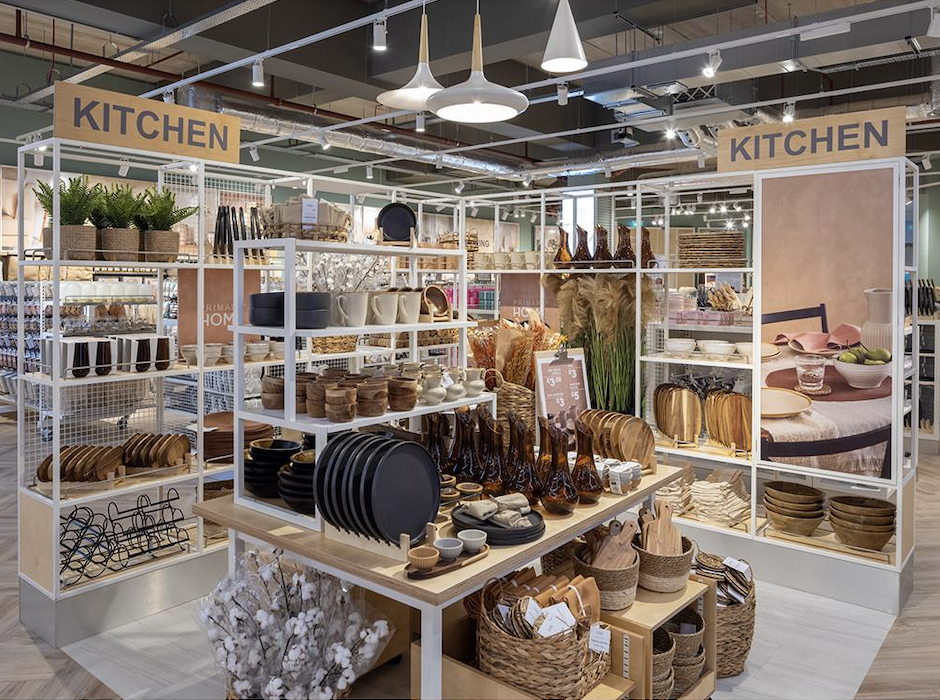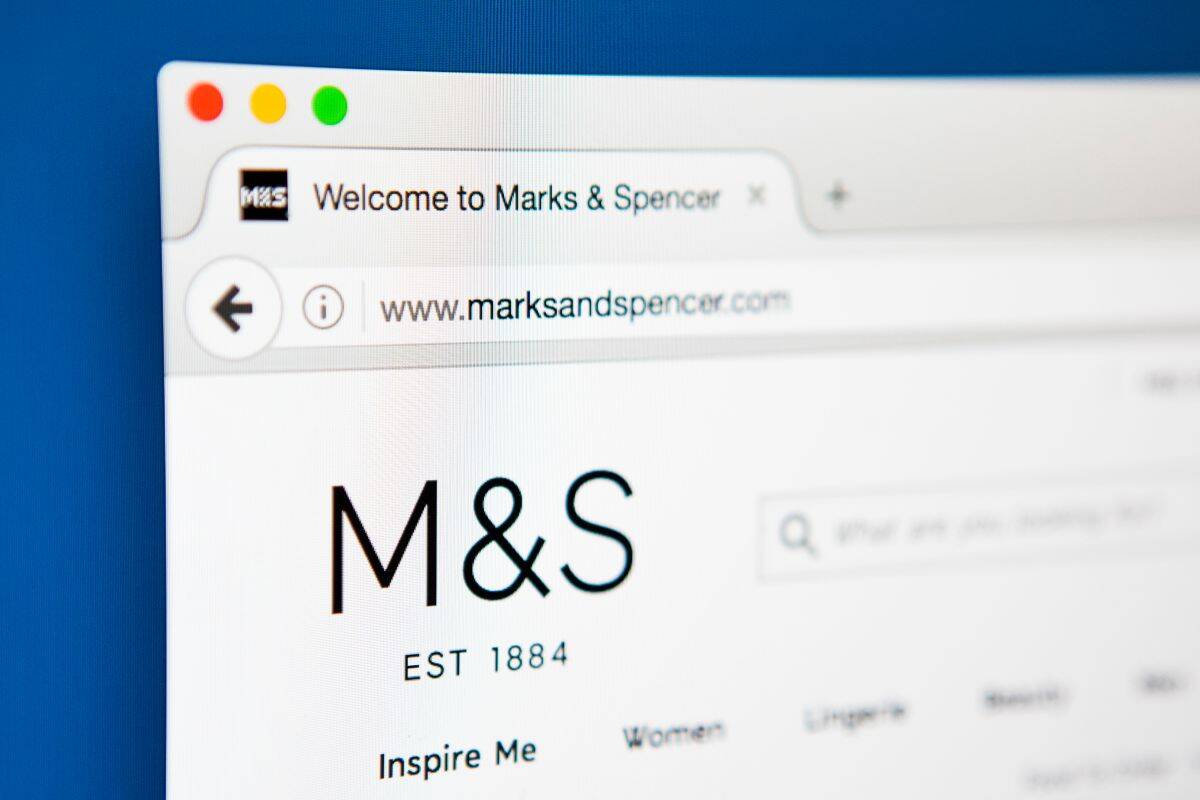Research reveals that UK small businesses lost an average £15,600 a month due to serial refunders in 2021. This comes as January refunds continue to grow 39% year-on-year.
Due to the Covid-19 pandemic, online sales have increased by over 46% in the UK since 2020 and 38% of UK online shoppers now feel more confident in returning online purchases. However, this has also led to an increase in the number of ‘serial refunders’ – describing customers who return purchases at an excessive volume.
With this in mind, card payment provider, Paymentsense, analysed anonymised transactions from more than 54,000 Paymentsense card machines across the UK. The unique data reveals the regions, industries and months with the highest value of returned items from October 2020 to September 2021.
Online returns alone cost UK retailers an estimated £5.2bn a year
The consumer behaviour of serial refunders can have a profound effect on the bottom line of SMEs, as high volumes of returns leads to an increased loss of money for the business having to refund customers. According to a report by Openpay, online returns alone cost UK retailers an estimated £5.2 billion a year on average.
Despite Covid restrictions skewing annual patterns in the number of in-store returns, January is notorious for witnessing the highest number of refunds. Royal mail even coined the first Monday of January ‘Takeback Monday’ as many Brits will return their unwanted Christmas presents.
Paymentsense’s data can reveal that year-on-year there was a 39% increase in returns from January 2020, and January 2021. So, if predictions are true this figure is expected to be much greater in 2022.
With serial refunding on the rise Paymentsense looked at their unique data to discover how much, on average, each small business across the UK’s towns and cities is having to return in refunds per month.
Bolton takes the top spot for the second year in a row as the city in the UK with the highest amount refunded per business per month (£675) – a slight decrease from the city’s 2020 monthly average at £699. In Bolton, home and office furnishing was the most refunded product category. An average £10,240 worth of furnishing goods is reported to have been returned per month between October 2020 to September 2021, by customers.
This is likely to be due to the increased number of people decorating and refurbishing their homes during the pandemic, leading to increased sales of home and office supplies which were then returned with the easing of lockdown.
At the other end of the table is Sunderland, where on average £35 per business per month is refunded to consumers. Dumfries isn’t far behind with £41, and Aberdeen at £45.
Across the 118 UK locations analysed, on average £15,600 a month is returned from small businesses to consumers.
Home renovations drive the trend
UK consumers spent 30% more on their homes during the pandemic than ever before. Unsurprising then, that ‘Trade & Trade Supplies’ ranks as the industry with the highest amount of refunds per location per month.
A similar trend can be witnessed for ‘Garden & DIY’ stores as many shoppers tackled home improvements during lockdown. Although this industry ranked sixth in terms of value refunded, these types of stores saw the highest volume of returns.
The industry in second place is ‘Home & Office Furnishing’, which last year topped the leaderboard due to working from home becoming the new way of working for many people. Items such as desks and chairs were bought for many to set up their at home office, but the data shows these were again one of the most commonly returned, causing the industry to rank in second place this year.
The average refund amount of the Automotive and Home & Office Furnishing industries tends to be higher, due to the higher cost of the products in comparison to industries such as clothing and Garden & DIY.
Free returns fuel the fire
Free returns have become an increasingly popular offer by brands, to entice customers into purchasing from them, by making them feel more at ease when buying products online. An easy returns process can be paramount for the success of a business. 78% of customers said they are more likely to purchase from a brand if they offer free returns, as it makes the process easier.
However, high levels of returns can cause strain to a businesses supply chain due to higher package volumes. 52% of shoppers are unlikely to use an online retailer again if they’re charged for returns, but by offering free returns, brands open themselves up to serial refunders who are likely to take advantage of the offering and order more products than they need. In the UK, one in three customers return a product once a month.
Paymentsense also looked at the top 500 retailers in the UK to see which customers were searching the most for free returns. Amazon came out on top, with on average 4,400 searches per month. Following Amazon is ASOS, and at the bottom of the top 20 is Urban Outfitters with 170 searches per month.
Jon Knott, Head of Customer Insights at Paymentsense comments: “Most online retailers have evolved their returns policy to meet customer expectations and demands. This year in particular, many businesses have implemented free delivery and returns, as well as offering multiple ways of returning an item, either in-store or online.”
He continues: “The rising dominance of online shopping was predicted to happen due to convenience and easier price comparison. However, this transition was sped up massively during the pandemic as lockdown restrictions caused more people to stay at home, as opposed to heading out physically to the shops. As online shopping continues to rise in popularity, businesses are seeing higher levels of product returns as consumption increases to an all time high.”
Knott adds: “Although customers are pleased they are getting their money back, high levels of product returns can have a profound impact on small businesses. Card machine providers need to work towards providing solutions for businesses as the shopping behaviour of customers no longer aligns with the operations of businesses today.”









